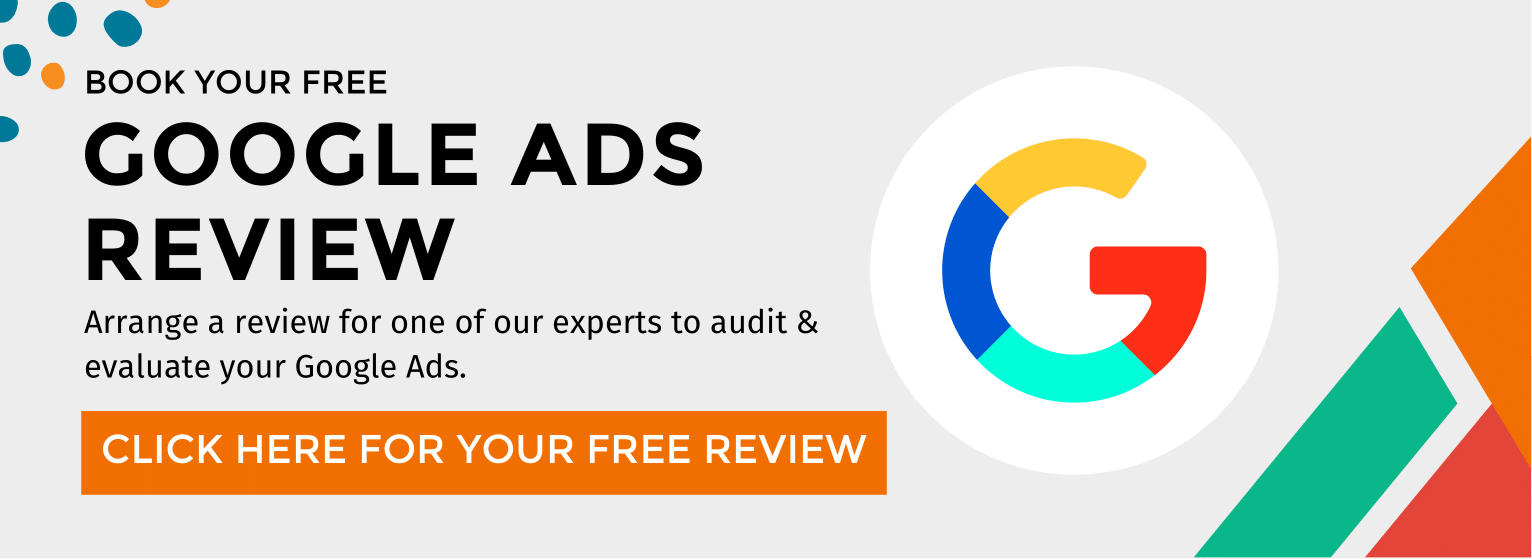Facebook Ads vs Google Ads: Where Should You Invest Your Marketing Budget?

The online advertising landscape is not so straightforward now that not just Google, but all of the social media platforms now offer a pay per click (PPC) advertising service. For someone new to paid online advertising and without a bottomless pocket, where is the best place to invest your budget?
The short answer is to invest your advertising budget in a place that your target ideal buyers are most likely to see your adverts!
For instance, if they all use LinkedIn, then spend your money on paid content and adverts on LinkedIn. If they spend all day on Instagram, post adverts there, and so on.
However, in terms of general awareness for your business and search visibility, the two platforms most widely used by most people are Facebook and Google. Most people use Google on a daily basis to answer all manner of search queries, from finding song lyrics or a good local curry house, to supporting major business investments. Facebook, too, is regularly used as a search engine – to find out information about local businesses, seek out and keep up-to-date with events, and find signposts to interesting blogs, videos, and other content.
Both Google and Facebook provide a paid advertising service, so if you had to choose, where do you invest money first?
Facebook Ads: Pros & Cons
Pros:
- Large UK user base: with over 44 million active Facebook users in the UK, out of a total population of nearly 68 million, Facebook is easily the most popular social network in the UK, embracing around 66% of the total British population. These users will include a very large percentage of your target buyers, even if they don’t use the platform specifically for work.
- Advanced targeting tools: Facebook ads let you reach a specific and precisely defined target audience based on demographics, location, behavioural patterns, and other factors.
- Visual appeal: Facebook ads offer a variety of visually rich advertising formats, which can lead to higher engagement from users.
Cons:
- Limited intent: Facebook isn’t a particularly strong business network, and so your target users may not actively be seeking out products or services on Facebook. This means that adverts may not capture users at their key decision-making moments, even if they may be interested at other times. It may even trigger resentment that they are receiving a ‘work advert’ in their personal time.
- High competition: due to the large user base and accessible advertising platform, there is the potential for high competition on the platform with other advertisers in your niche.
- Changing algorithms: Facebook’s advertising algorithms are continually updated, and unexpected changes could impact the visibility and effectiveness of your ads over time.
Google Ads: Pros & Cons
Pros:
- High intent: Google ads capture the attention of users who are actively searching for services and products or answers to specific business problems, leading to higher quality leads.
- Broad reach: in 2022, Google processed an estimated 8.5 billion searches per day globally, making it the undisputed monarch of search engines. In other words, Google is the place to find information online, with an extensive potential reach for advertisers, and advertising formats available in multiple languages and regions.
- Flexible advertising formats: Google offers various ad formats for businesses, including search, display, shopping, and YouTube video ads, helping you reach more potential customers in multiple ways depending on their search preferences.
Cons:
- Strong competition: the competition for popular keywords on Google Ads is fairly cutthroat and can be prohibitively expensive for smaller businesses.
- Complex interface: Google Ads has a notoriously steep learning curve, and many new users find the interface challenging and time-consuming to understand and navigate, which limits engagement with the platform. It’s no coincidence that many SMEs engage Google Ads through an agency partner, and not independently.
- Less engaging: while Google Ads does offer various ad formats, they tend to be less engaging and visually enriching than Facebook Ads.
Balancing Your Marketing Budget Allocation
While both Facebook Ads and Google Ads have comparative advantages and disadvantages, the key to maximising your ROI from online advertising lies in a balanced marketing budget allocation. We recommend allocating the majority of your spend on the platform most used by your target buyers. If your budget is limited, this is going to be Google, as all your buyers will use Google, and they may or may not use Facebook.
Before placing any advert, take time to develop engaging content, and ensure that your ad content is fully aligned with your target audiences’ preferences and needs on that platform. And once you’ve started spending money on a platform, regularly monitor key performance metrics such as conversion rate and return on advertising spend and adjust your budget allocation accordingly.
To find out more about online advertising and how to get the best value for your budget, please contact one of our PPC specialists today by getting in touch via our website or by calling us on 01332 982247.
Image Source: Canva


